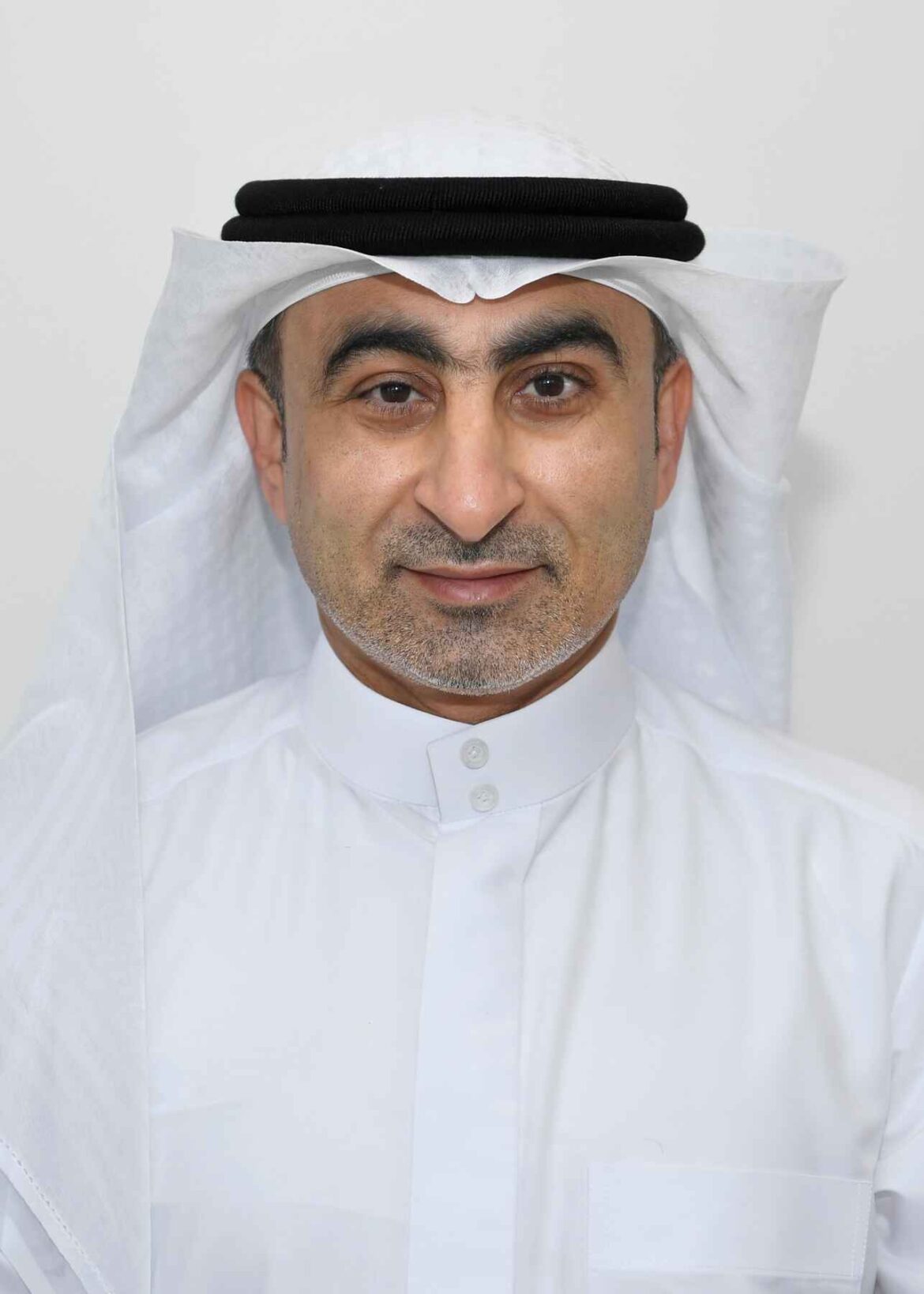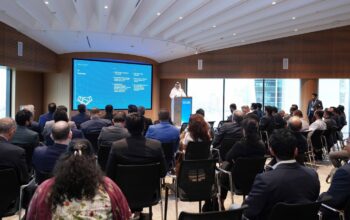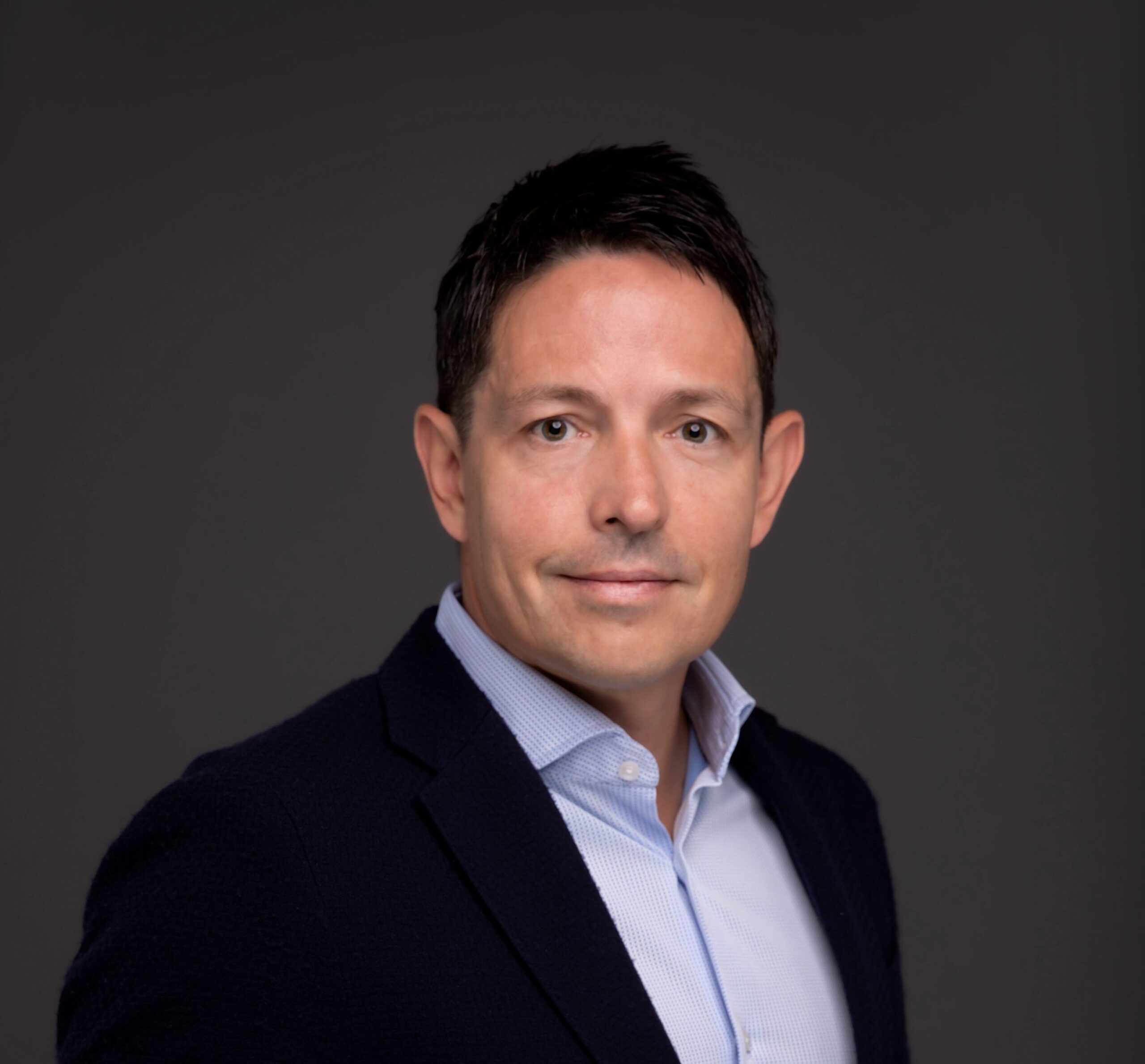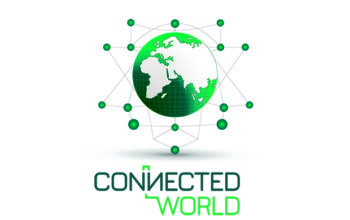Al Ain: United Arab Emirates University (UAEU) will host the “THE University Impact Forum: Clean Water & Sanitation, in partnership with Times Higher Education (THE). The event will focus on the topic of “Accelerating Action on SDG 6”. i The sixth of the United Nation’s 17 Sustainable Development Goals seeks to ensure the supply of clean water and sanitation for all. The forum will welcome several universities, research institutes, scientific research centers and international organizations along with academic experts and leaders in the field, and the World Meteorological Organization. THE and UAEU have organized the forum in partnership with Abu Dhabi University, Al Ain University, Emirates News Agency (WAM), and TRENDS Research and Advisory.
Prof. Ahmed Murad, Associate Provost for Research and Chair of the forum, said,
“The forum seeks to find concrete solutions using advanced technologies for countries that lack these basic necessities, and to identify the strategic role of the higher education sector in ensuring responsible investment in line with the needs of communities.”
He continued,
“Freshwater is essential for sustaining life on Earth; it is an invaluable natural resource for which there is no alternative. Access to clean water and sanitation is fundamental to the development and prosperity of nations, and many countries and universities have placed effective water and sanitation resource management at the top of their research and innovation agendas. This is particularly evident in countries located in arid and semi-arid regions such as the UAE. Universities have an active role to play in the pursuit of all the Sustainable Development Goals. UAEU supports a wide spectrum of research initiatives and educational programs with undergraduate and graduate students participating in national and international activities and competitions related to the sustainability of water resources conservation and sanitation.”
He underlined that UAEU’s National Center for Water and Energy “conducts important multidisciplinary translational and applied research of direct relevance and provides consultancy to industry and the community.” He explained that “the availability of clean water and sanitation is a global problem, and therefore SDG 6 should be addressed through the partnerships and international cooperation that allow us to take advantage of international best practices.”
Professor Murad added,
“We recognize that solutions and their implementation must suit local contexts, and the forum will explore how academic institutions and research centers can work to support both global and national initiatives. Furthermore, at the forum we will exchange our vision and ideas for the contribution of universities and research centers to building the strong infrastructure necessary to SDG 6. We will address the challenges present in the equitable supply of clean water and sanitation, the mitigation of water shortages, and the need to ensure responsible investment that meets community needs. We will explore how to use advanced technologies to identify concrete solutions for countries that lack these necessities.”
The forum consists of presentations and discussion panels designed to promote international cooperation on best practices in water sanitation across diverse cultures and topographic climates. The agenda also includes sessions that investigate the relationship between water sanitation and future economic growth, thus emphasizing the interconnection between SDG 6 and the remaining 16 UN SDGs.
Duncan Ross, THE’s chief data officer, said:
“As we work towards Agenda 2030 the contributions of higher education towards the Sustainable Development Goals can’t be underestimated. At the Clean Water Impact Forum, we will be sharing evidence of the progress that universities are making towards SDG 6: Clean Water and Sanitation, and building the partnerships that will drive progress in the future”
THE, a data partner for higher education, produces the Impact Rankings, which is the world’s only ranking that measures universities’ contributions to the United Nations’ (UN) Sustainable Development Goals (SDGs) and assesses their commitment to sustainability across four broad areas: research, stewardship, outreach and teaching.
This year was the fifth year of THE’s Impact Ranking, where 1,705 universities from 115 countries/regions are assessed. Progress is measured for each of the individual 17 SDGs, and across the goals as a whole, which sees 18 universities from 10 countries and regions achieve number one positions.
View the full Impact Rankings 2023 results
View the full Impact Rankings 2023 methodology
To participate in the Impact Rankings go to: https://bit.ly/3Z1FQc8














